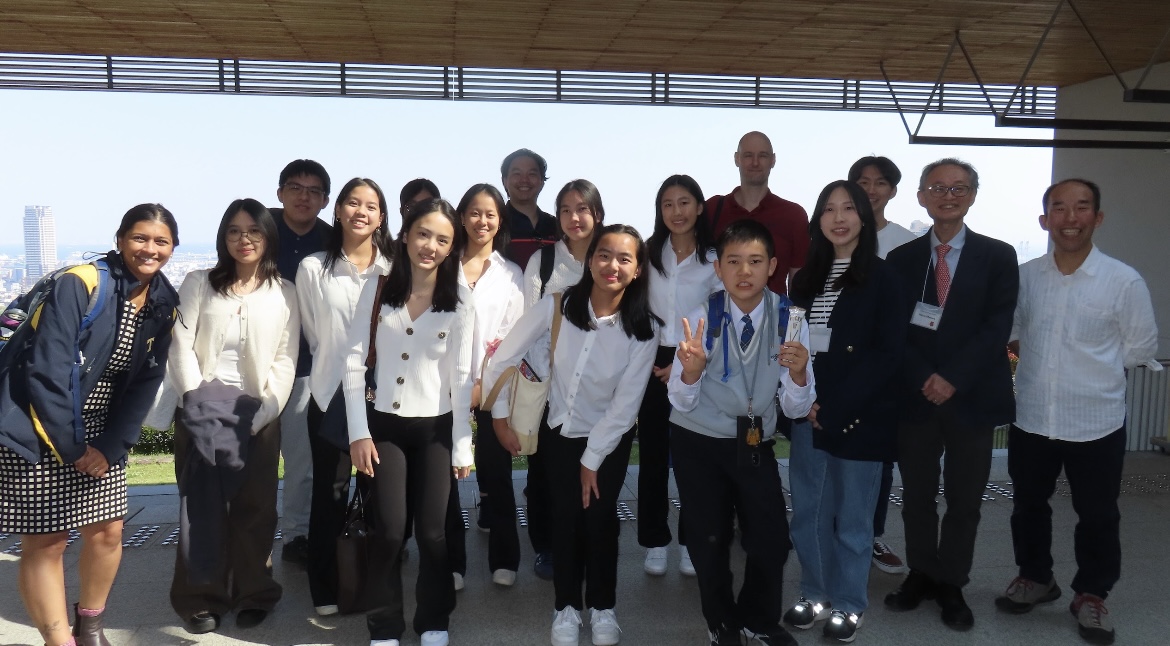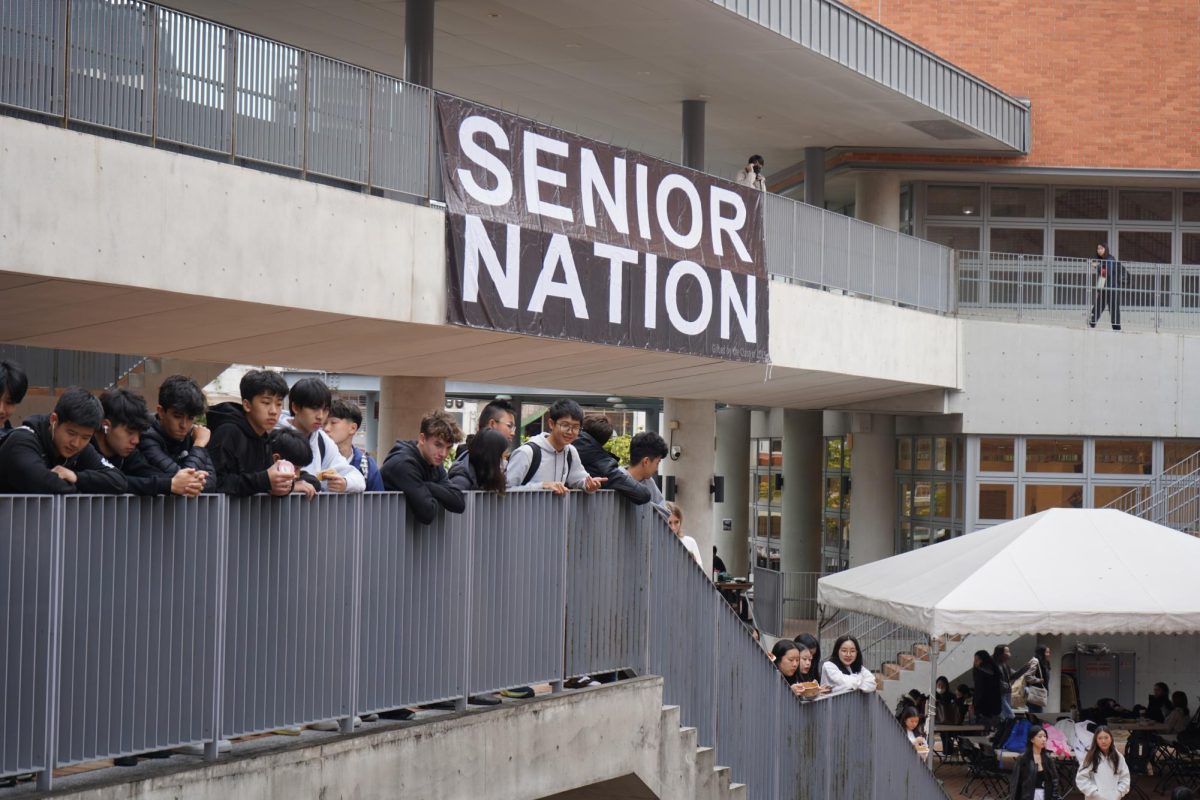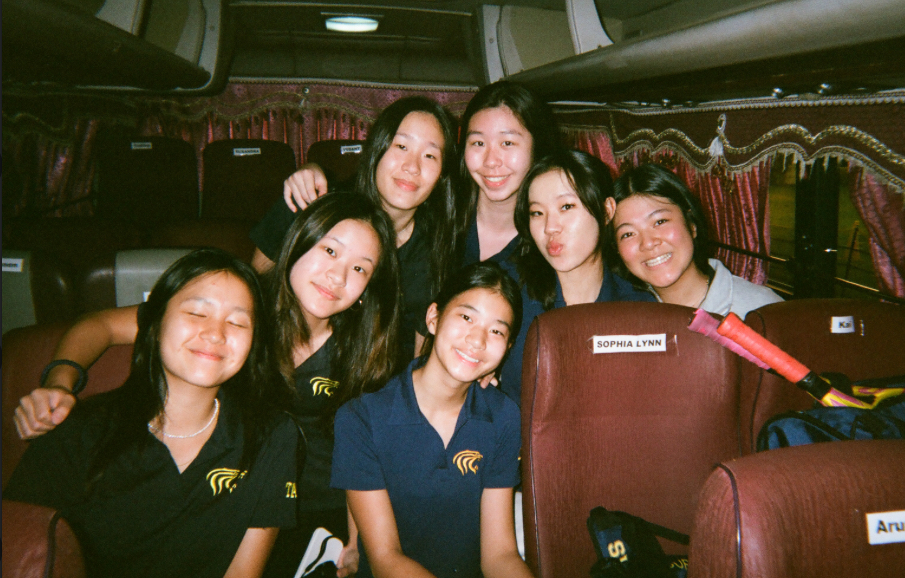As the COVID-19 coronavirus pandemic continues to force governments to restrict traveling for citizens worldwide, Taiwan has yet again tightened restrictions, and Taipei American School has made corresponding changes to both its travel regulations and campus access procedures through the start of the second semester.
To prevent exposure to the virus, the Central Epidemic Command Center (CECC) has stated that starting from Dec. 1, anyone who enters Taiwan needs to have a negative COVID-19 test three days prior to their travel.
As some TAS community members will be traveling overseas over the upcoming winter break, the school updated travel regulations within the community with stricter measures on Nov. 11. The school will close the campus to all community members starting from Dec. 18, and tighter campus access procedures will take effect in January. Only students and school employees will be allowed on campus when the second semester begins. All other visitors will require an appointment that will only be offered for essential activities.
Another update the school has made in concern of community members traveling overseas is requiring all off-island travelers to take COVID-19 tests following their quarantine to be able to return to the school. Travelers would also need to self-monitor themselves for a week prior to returning to school by staying home and taking their temperature at least twice a day.
Mr. Larry Kraut, the school’s chief operating officer, has expressed that the school will continue following the minimum government regulations but will continue having higher standards.
“Government quarantine restrictions allow the person to stay in their family home when they have a separate bedroom and bathroom,” Mr. Kraut said. “From the school’s point of view, everybody in that home is also impacted by the quarantine and they cannot come to school.”
One concern the school has about traveling over the winter break is that students who traveled would need to make up all the academic work they would be missing during their two week quarantine.
“If a student travels, comes back and is two weeks in quarantine when school is in session, they will lose school work,” Mr. Kraut said. “They will have whatever consequences as a result of [being in quarantine during school] because we want that to be a deterrent.”
Annie Yang (‘23), a frequent traveler, planned against any overseas travel plans over the winter break. “I’m not really sure about traveling overseas since it would still be too dangerous to travel,” Annie said.

![[AMBER WU/THE BLUE & GOLD]](https://blueandgoldonline.org/wp-content/uploads/2021/02/IMG_2713-scaled-e1612507970836-900x675.jpg)


![[PHOTO COURTESY OF PIXABAY]](https://blueandgoldonline.org/wp-content/uploads/2025/03/white-18227_1280-1200x803.jpg)

![[PHOTO COURTESY OF PIXABAY]](https://blueandgoldonline.org/wp-content/uploads/2025/03/fire-6706674_1280-1200x800.jpg)

